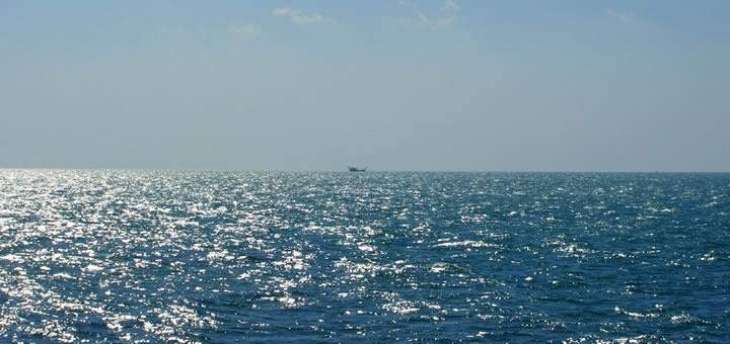The waters of the Arabian Gulf are home to a rich variety of marine species. Sadly, over 33% of this biodiversity could be lost by 2090, scientists explained at the Climate Change Forum at the seventh World Government Summit (WGS 2019) today
DUBAI, (Pakistan Point News - 11th Feb, 2019) The waters of the Arabian Gulf are home to a rich variety of marine species. Sadly, over 33% of this biodiversity could be lost by 2090, scientists explained at the Climate Change Forum at the seventh World Government Summit (WGS 2019) today. Researchers also warned that oceans are heating up faster than previously expected, and the shallow basin of the Arabian Gulf makes it especially vulnerable to warming.
The high-level plenary hosted by the Ministry of Climate Change and Environment (MOCCAE) entitled ‘Climate Change and the Health of our Oceans’ was headlined by Dr. M Sanjayan, CEO of Conservation International, and William McDonough, an architect, designer, thought leader, advisor and a globally recognised leader in sustainable development.
Dr. Thani bin Ahmed Al Zeyoudi, UAE Minister of Climate Change and Environment; Laurent Fabius, President of the French Constitutional Council; and Harrison Ford, Vice Chair of Conservation International, attended the session.
During the session, panelists stressed that oceans, already beset by habitat destruction, overfishing and pollution, now face the specter of climate change. There is also widespread scientific consensus that if human behaviors and government policies remain as they are, oceans will lose the ability to provide the benefits people have relied on for millennia: food, livelihoods, and climate regulation.
The experts discussed efforts that need to be exerted to protect oceans and their products against the mounting pressure of climate change.
Dr. Sanjayan said: "We are a terrestrial species, but unless we preserve the ocean, we are doomed. International accords are calling for 10 percent of coastal and marine areas to be conserved through systems of protected areas. However, the conservation community made a bigger call to protect 30 percent of the ocean by 2030."
He added: "Today, we are seeing that there is a rising commitment from governments around the world to protecting the oceans. Over 30 countries are willing to make big scale commitment to oceans. That is a unique opportunity to make a big leap forward in ocean protection, given that there is less than 5 percent of the world’s oceans protected now."
For his part, McDonough said: "We live on a water planet, with 70 percent of the earth being covered with water. However, because of climate change, the atmosphere is contaminating the oceans with toxic carbon. Carbon from plastic is the most dangerous. That’s why we need to eliminate the concept of waste. When we finish using something, we should think what’s its next use. We shouldn’t throw it away. Nowadays, we have moved away from the 3R’s – reduce, reuse and recycle, to making products reusable, recyclable and compostable. We need to make sure that waste is not discarded but goes back to the industry or to nature."
He added: "Approximately, 40 percent of ocean plastics come from rivers, and 90% of these plastics are from only 10 rivers in the world. We are working now on mechanisms to collect waste at the mouths of those 10 rivers to cut it off before it hits the ocean."
Held annually in Dubai, WGS serves as a global platform for leading voices from the private, public and non-profit sectors to discuss and showcase innovations, best practices and smart solutions to shape the future of governments – inspiring creativity to overcome challenges facing people and communities around the world.
The three-day World Government Summit 2019 runs until February 12 at Madinat Jumeirah in Dubai. The landmark event has convened more than 4,000 participants from 140 countries, including heads of state and governments, as well as top-tier representatives of 30 international organizations.




